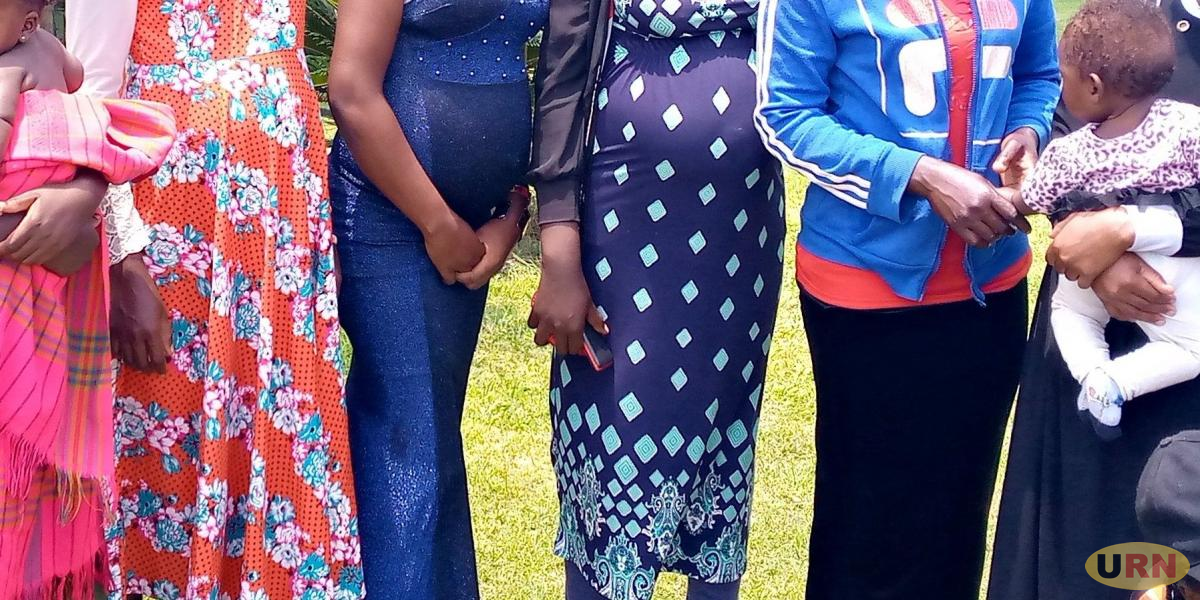In the wake of the rising adolescent teenage pregnancies, Uganda Parliament has acknowledged the need for legislation on contraceptives access to safeguard adolescent girls against unplanned pregnancies.
Thomas Tayebwa, the deputy speaker of Parliament made the observation while meeting a visiting delegation of British Lawmakers under their umbrella body All Party Parliamentary Group – APPG; health activists from Parliamentarians Forum on Food Security, Population and Development, Marie Stopes Uganda and the United Nations Population Fund (UNFPA) on Monday.
The officials discussed family planning and sexual reproductive health and rights. Tayebwa observed that teenage pregnancies should be dealt with decisively rather than responding to mitigate related challenges after a girl has been impregnated. Tayebwa once broke down as he narrated to parliament a story of a young girl who was defiled by her uncle and observed a need to protect girls and children in general.
Koboko Municipality MP Dr Charles Ayume, who led Parliament’s Committee on Health pointed out that although discussing birth control for the teenagers sounds corrosive, Uganda has registered a great contraceptive prevalence over the past three decades.
Dr Mary Otieno, a Technical Advisor at the United Nations Population Fund (UNFPA) implored the Parliament to pass the necessary policy legislation such as the adolescent health policy which will help Uganda achieve her Vision 2040 of reducing population growth rate from 3.2 per cent to 2.4 per cent thereby reaping the demographic dividend.
Meanwhile, Baroness Liz Sugg the Leader of the visiting Parliamentarians said for both UK and Uganda to grow, women and girls need to be supported in their sexual reproductive health and rights to bring an end to child marriage and Female Genital Mutilations – FGM among others.
The Baroness revealed that recently the UK Government published an international development strategy which includes commitments to make more progress in global health, climate and nature providing women and girls with the need to make the most of their potential.
Contraceptive prevalence of married “women” aged between 15 and 49 in Uganda was reported at 41.8 % in 2018, according to the World Bank collection of development indicators.
Uganda has committed to increasing the modern contraceptive prevalence rate for all women from 30.4 percent in 2020 to 39.6 percent by 2025 and reduce unmet need from 17 per cent in 2020 to 15 percent by 2025.
According to Save the Children UNHCR and UNFPA, globally, 16 million adolescent girls aged 15-19 years and two million girls under age 15 give birth every year. In the poorest regions of the world, this translates to roughly one in three girls bearing children by the age of 18.
Adolescent girls are at the highest risk of maternal mortality: the risk of pregnancy-related death is twice as high for girls aged 15-19 and five times higher for girls aged 10-14 compared to women in their twenties.
Further, pregnant adolescents are more likely than adults to pursue unsafe abortions; an estimated three million unsafe abortions occur every year among girls aged 15-19.


